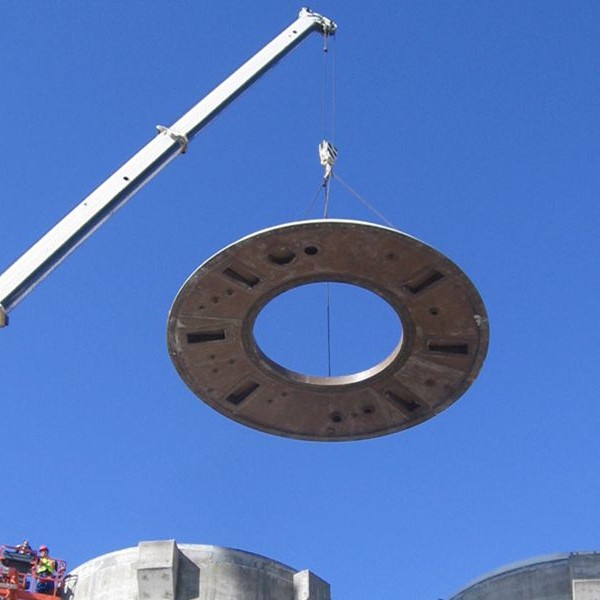
-
 Afrikaans
Afrikaans -
 Albanian
Albanian -
 Amharic
Amharic -
 Arabic
Arabic -
 Armenian
Armenian -
 Azerbaijani
Azerbaijani -
 Basque
Basque -
 Belarusian
Belarusian -
 Bengali
Bengali -
 Bosnian
Bosnian -
 Bulgarian
Bulgarian -
 Catalan
Catalan -
 Cebuano
Cebuano -
 China
China -
 China (Taiwan)
China (Taiwan) -
 Corsican
Corsican -
 Croatian
Croatian -
 Czech
Czech -
 Danish
Danish -
 Dutch
Dutch -
 English
English -
 Esperanto
Esperanto -
 Estonian
Estonian -
 Finnish
Finnish -
 French
French -
 Frisian
Frisian -
 Galician
Galician -
 Georgian
Georgian -
 German
German -
 Greek
Greek -
 Gujarati
Gujarati -
 Haitian Creole
Haitian Creole -
 hausa
hausa -
 hawaiian
hawaiian -
 Hebrew
Hebrew -
 Hindi
Hindi -
 Miao
Miao -
 Hungarian
Hungarian -
 Icelandic
Icelandic -
 igbo
igbo -
 Indonesian
Indonesian -
 irish
irish -
 Italian
Italian -
 Japanese
Japanese -
 Javanese
Javanese -
 Kannada
Kannada -
 kazakh
kazakh -
 Khmer
Khmer -
 Rwandese
Rwandese -
 Korean
Korean -
 Kurdish
Kurdish -
 Kyrgyz
Kyrgyz -
 Lao
Lao -
 Latin
Latin -
 Latvian
Latvian -
 Lithuanian
Lithuanian -
 Luxembourgish
Luxembourgish -
 Macedonian
Macedonian -
 Malgashi
Malgashi -
 Malay
Malay -
 Malayalam
Malayalam -
 Maltese
Maltese -
 Maori
Maori -
 Marathi
Marathi -
 Mongolian
Mongolian -
 Myanmar
Myanmar -
 Nepali
Nepali -
 Norwegian
Norwegian -
 Norwegian
Norwegian -
 Occitan
Occitan -
 Pashto
Pashto -
 Persian
Persian -
 Polish
Polish -
 Portuguese
Portuguese -
 Punjabi
Punjabi -
 Romanian
Romanian -
 Russian
Russian -
 Samoan
Samoan -
 Scottish Gaelic
Scottish Gaelic -
 Serbian
Serbian -
 Sesotho
Sesotho -
 Shona
Shona -
 Sindhi
Sindhi -
 Sinhala
Sinhala -
 Slovak
Slovak -
 Slovenian
Slovenian -
 Somali
Somali -
 Spanish
Spanish -
 Sundanese
Sundanese -
 Swahili
Swahili -
 Swedish
Swedish -
 Tagalog
Tagalog -
 Tajik
Tajik -
 Tamil
Tamil -
 Tatar
Tatar -
 Telugu
Telugu -
 Thai
Thai -
 Turkish
Turkish -
 Turkmen
Turkmen -
 Ukrainian
Ukrainian -
 Urdu
Urdu -
 Uighur
Uighur -
 Uzbek
Uzbek -
 Vietnamese
Vietnamese -
 Welsh
Welsh -
 Bantu
Bantu -
 Yiddish
Yiddish -
 Yoruba
Yoruba -
 Zulu
Zulu
frp pipes and fittings utilized in ship construction
FRP Pipes and Fittings Utilized in Ship Construction
Fiber Reinforced Plastic (FRP) has emerged as a revolutionary material in various industries, particularly in ship construction. Its unique properties, such as high strength-to-weight ratio, corrosion resistance, and durability, make it an ideal choice for marine applications. In this article, we will explore the significance of FRP pipes and fittings in shipbuilding and their advantages over traditional materials.
One of the primary benefits of using FRP pipes in ship construction is their lightweight nature. Traditional materials like steel or copper can add considerable weight to a vessel, impacting fuel efficiency and overall performance. In contrast, FRP pipes are significantly lighter, which helps reduce the overall weight of the ship. This reduction not only improves fuel efficiency but also enhances the vessel's speed and maneuverability, making it a preferred choice for modern ship designs.
Corrosion resistance is another critical advantage of FRP materials. Ships are constantly exposed to a harsh marine environment, including seawater, moisture, and temperature fluctuations. Traditional materials often succumb to corrosion, leading to maintenance issues and increased costs over time. FRP pipes and fittings, on the other hand, are inherently resistant to such environmental factors. This resistance ensures a longer service life with minimal maintenance, resulting in substantial cost savings for ship operators.
frp pipes and fittings utilized in ship construction

Furthermore, FRP materials are non-conductive, which is particularly advantageous in preventing electrolysis – a common problem in marine environments that can lead to accelerated corrosion of metal components
. This attribute secures the longevity of the ship's infrastructure, as well as its electrical systems, thus enhancing safety and reliability.The versatility of FRP pipes and fittings allows for a wide range of applications in ship construction. They can be utilized for various systems, including sewage, ballast water, fuel, and fresh water. Their flexibility in design enables engineers and architects to create innovative solutions tailored to specific operational needs, optimizing space and efficiency within the vessel's structure.
In addition to their practical benefits, FRP materials also contribute to the environmental sustainability of shipbuilding. By reducing the weight of vessels, fuel consumption decreases, leading to lower carbon emissions. Moreover, FRP materials are often recyclable, which aligns with global efforts to promote sustainability and reduce waste in industrial processes.
In conclusion, the use of FRP pipes and fittings in ship construction offers numerous advantages, including reduced weight, corrosion resistance, durability, and environmental benefits. As the maritime industry continues to evolve, the integration of advanced materials like FRP will play a crucial role in enhancing the efficiency and longevity of vessels while addressing the pressing issues of sustainability and performance. Embracing such innovations is vital for the future of shipbuilding, paving the way for safer, more efficient, and eco-friendly maritime operations.









